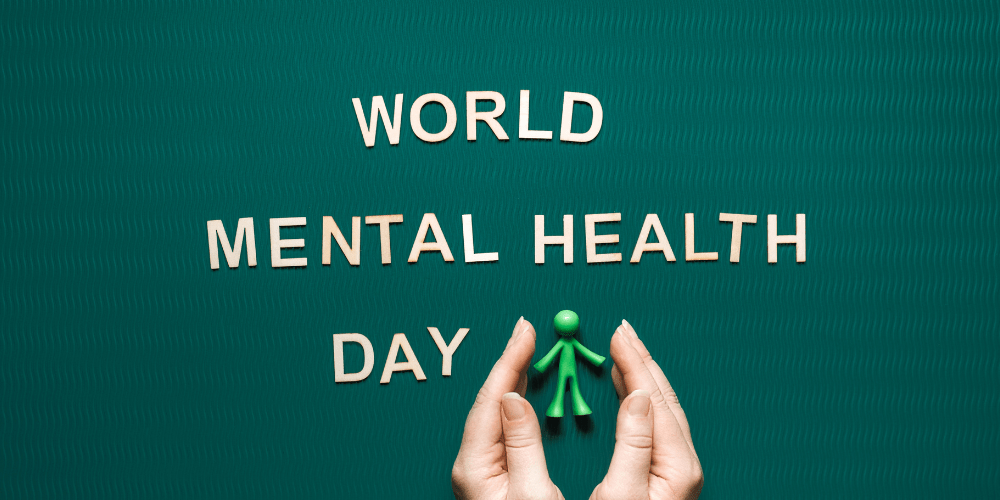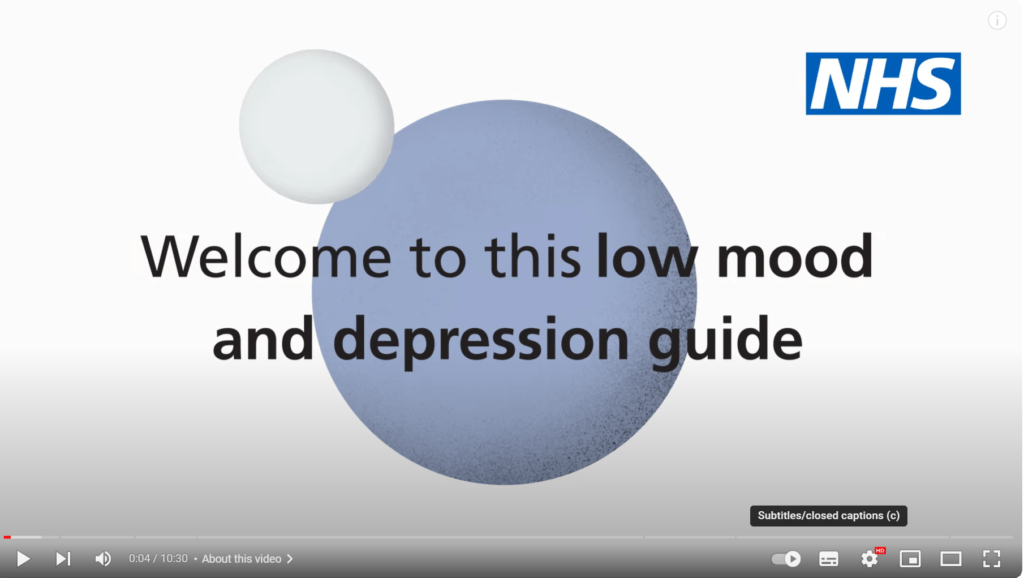
In recognition of World Mental Health Day 2024, it’s crucial to highlight the vital role primary care plays in addressing and supporting mental health.
What the data tells us: The vast majority (up to 90%) of depressive and anxiety disorders that are diagnosed are treated in primary care (National Institute for Health and Care Excellence (NICE), 2011). One in four patients seen in primary care in the UK will need treatment for a mental health problem.
However, practice nurses traditionally have little training in this area. A national survey of practice nurses in 2016 showed that 82% of survey respondents thought that they were responsible for managing patients’ mental health and wellbeing but 42% of the respondents had never received any training.
Some key themes from practice nurses in recent mental health training by Health Academy:

When a patient is in your consulting room, we always ask what the presenting problem is. Often, patients will present with physical problems such as poor sleep or exhaustion, chronic lack of energy, unexplained muscle aches, headaches and abdominal issues (nausea, indigestion, poor appetite) which could all be related to poor mental health.
Asking questions is the best way to find out more.
How is this problem affecting your emotional health and how is this problem affecting your relationships and daily living?
This introduces the bio/psycho/social model of holistic care.
Sometimes patients will say “I am sooooo stressed and just can’t cope anymore”
It may be easier and less stigmatising for patients to use the word stress instead of depression or anxiety.
Helping to differentiate between Stress, Burnout, Anxiety and Depression
| STRESS | BURNOUT | ANXIETY | DEPRESSION |
| Feeling overwhelmed by EXTERNAL situation/s (stressors) | Feel both physical & psychological symptoms – result in reduced job satisfaction & productivity & exhaustion & lowered immunity | Sense of apprehension, fear or dread – INTERNAL origin (thoughts) | Sad/low mood Feel like crying (internal or external) |
| Too much to do in too little time with too few resources | Results from chronic workplace stress (or caring) that has not been successfully managed | Abnormal worry, worry, worry. What if…. Always think the worst. Worst case scenario. Domino effect | Complete or diminished loss of interest or pleasure in the things that you used to enjoy |
| Feelings of overwhelm reduce once the situation improves | Burnout is only resolved by complete rest (away from work or caring). If the situation is not resolved it will return when the employee returns to work. Respite for carers | Feelings of fear, apprehension dread do NOT entirely go away once the situation improves (may reduce) | Can feel depressed even when there are no external stressors. Depression is however greatly exacerbated by stressful situations – coping is diminished or non-existent |

A helpful video on Self-Help for Low-Mood and Depression by the NHS can be watched here.
An acronym that I have found particularly useful for those that have not been trained in counselling or motivational interviewing – LUV
| L | Listen | Allowing the patient to get their full story out. Use body language such as head nodding, eye contact (not taking too many notes) and verbal responses such as “mmmm” and “Uh huh” and “that sounds really difficult/tough/hurtful…” |
| U | Understand | Listening to understand the patients’ difficulties is very different to listening to respond. Nurses are trained to hear/see the signs and symptoms and treat the problem. Mental health problems require more time. |
| V | Validate | Validation of the patients’ feelings and experiences helps the patient feel that they are not “going mad” or “being neurotic” but that their symptoms are real and there is help available. |
The next step is to identify what support is available within your practice.
A very important issue to learn about is complex developmental post traumatic stress disorder which results from long term childhood adverse childhood experiences (ACE’s). Patients who have experienced a high level of ACE’s are at much higher risk of experiencing mental health problems, substance misuse issues, and all kinds of physical illnesses.
Even though the landmark research on ACE’s was published in 1996 and most countries have carried out extensive research in this area, I have yet to be asked by a GP or practice nurse about adverse childhood experiences.
For patients who have continual and complex mental health problems, consider talking to them about Adverse Childhood Experiences. All NHS services are encouraged to provide Trauma Informed Services. Contact Health Academy if you are interested in further training on this.

Manage time expectations as this issue places great pressure on both the patient and the nurse. What can help: Being honest. Tell the patient that you only have 10-20 minutes (however long you have) for this appointment but help them to book in a double appointment as soon as possible to continue the support. Give the receptionist a call to assist in this. Continue to see them until you are both satisfied with the care plan going forward.

The biomedical model that has been practiced for many years, has created the idea that only the ‘professionals’ can help. This has created an over reliance on medication and more recently, talk therapy. In many instances medication alone does not help the patient, leaving them feeling helpless, hopeless and desperate.
You can help patients to understand that there are 3 levels of mental health support:
1. Professional support – includes medication, talk and somatic therapies
2. Social support – includes nourishing their social life with family, friends, colleagues, community support groups, faith groups, hobby groups and peer support.
3. Self-support – includes:

Please ensure that receptionists are also trained in how to manage patient calls about stress and mental health. Just this morning a friend called her surgery to book an appointment because of deteriorating mental health. The receptionist’s response: “Aren’t we all stressed?”.
Health Academy has a 2-day Mental Health Course for Professionals in Primary Care and a NEW 2-day course on Trauma Informed Care and Practice. Contact us to find out more information on our courses and how we can help you and your organisation with your training needs.
Giving you written and video content to answer all your questions on primary care education from Phlebotomy to Travel Health.
Subscribe now to be kept updated with our latest posts and insights.
Start typing to search courses, articles, videos, and more.